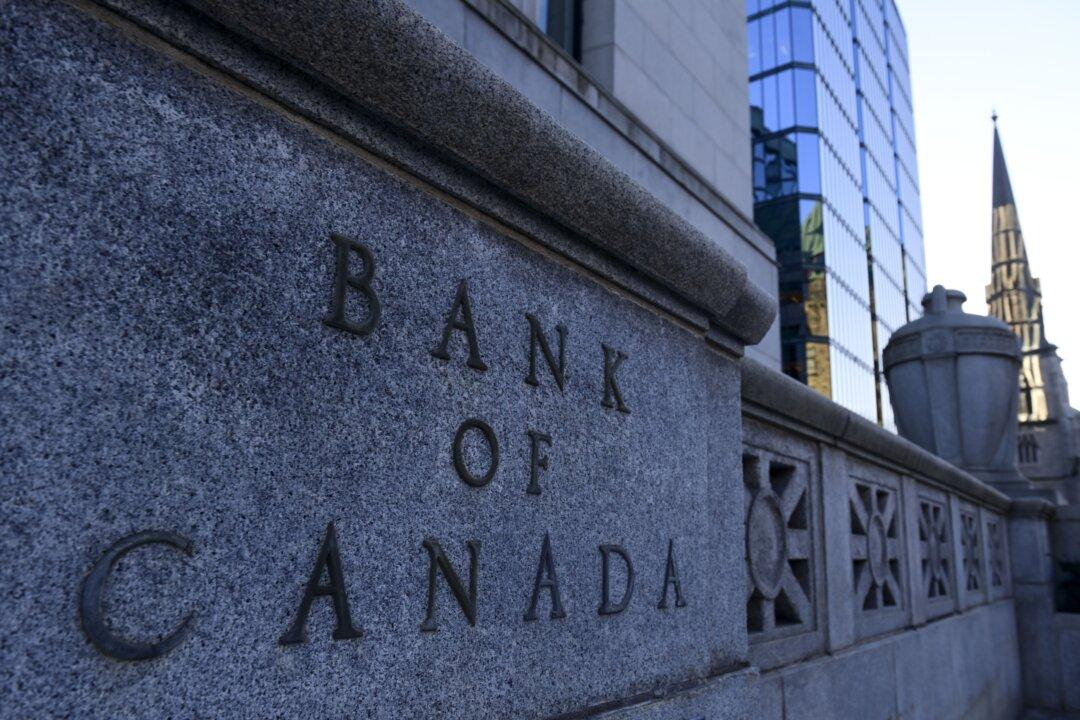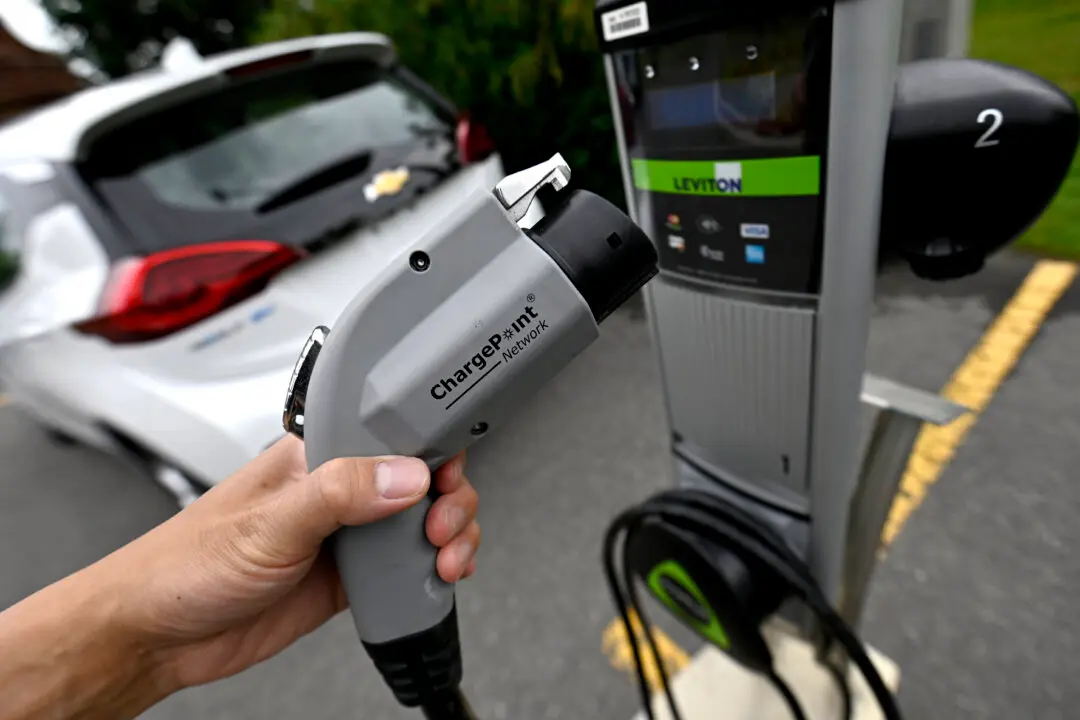Banks and credit unions want more clarity about how extraordinary powers will affect their customers’ accounts the next time the Emergencies Act is invoked, a parliamentary committee heard Thursday.
Representatives of the Canadian Bankers Association and the Canadian Credit Union Association testified before an all-party committee studying the impact of the act’s powers invoked last winter.





